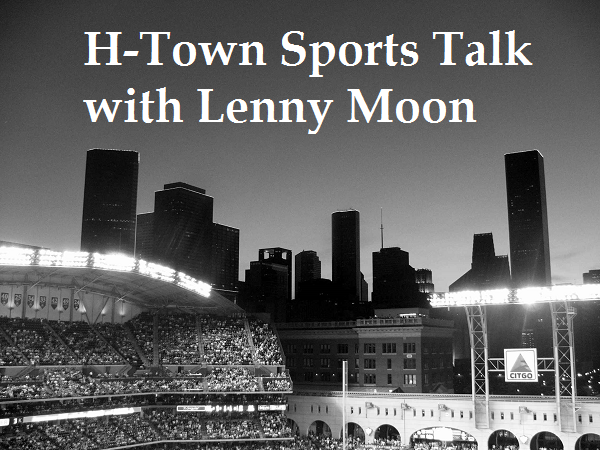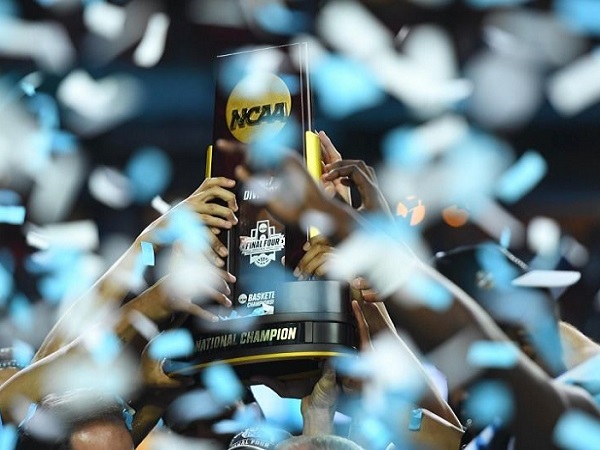
Netflix hopes to sell more content in Europe and the discussion is between whether the streamer will disrupt and work with existing players or just disrupt. Hollywood stars can make upwards of $200,000 for walking the red carpet through various brand endorsements. Lastly, since the May 2018 United States Supreme Court decision in Murphy v. National Collegiate Athletic Association, professional sports leagues and individual franchises (including the NBA, NFL, NHL, and MLB) have secured sponsorship deals with gambling houses, Caesars, MGM and William Hill. The MLS is not far behind.
What do the above three stories in entertainment, media, and sports have in common? All are opportunistic—looking to drive profit where it could not exist before. Before Netflix’s disruption through advancing technology and a new business model, traditional studios, generally local to the area controlled the consumer content. Before talent individuality made more readily available by social media, brands and stars saw the value in television marketing, but those relationships can be pushed much further now through platforms and less-studio control. There was a time when sports leagues were against marriages between gambling, leagues, and franchises, now the ink on one deal cannot dry before the next deal is signed.
Changes in technology, the rule of law, and consumer appetites’ are the driving force to finding new revenue streams. Much like the analytic departments in many of the professional sports franchise front offices, a market economist must find where the most need meets the highest profit margin. Find the gap and fill it, then profit from it.
With the above, there are three things consumers and industry participants should follow in the coming months and years.
1. The Differences between Europe/the World and the United States
The Law, programs, and politics in Europe and around the world are far more regulatory and controlling in nature and practice. Consumers and decision-makers at home love Netflix because it is an American company doing well in a capitalist market. This is the American-way. Overseas, not so much. Chinese, European, and Middle East state regulation on content is just the start. Unless foreign countries and regions have a direct benefit, which also costs more money, look to see more and more regulation controlling content, profit, and expansion. China’s treatment of Google, Europe’s copyright and GDPR privacy laws and competition are high barriers to market entry and dominance. Playing a team game might be best to succeed.
2. Brands matter
Brands have always mattered. Not front-page news there. However, social media highlights a Hollywood stars’ individuality without the use of an expensive and potentially controlling intermediary (e.g., a studio or similar content producing company). Social media makes promoting the brand easier with little to no cost, regulation, or barriers to entry (other than FTC and state consumer protection laws). Entertainment and sports talent may now simply sign contracts to post endorsed content on their social media platforms for a specified amount (in dollars and in number of posts) and in duration (length of the deal).
3. Values always matter
Sports leagues will have to find a way to balance between completely standing against something to being an open sports book. The Caesars, MGM, and William Hill sponsorship deals for naming rights, but not for gambling or fantasy sports, might have been the best compromise the leagues could come to. On the one hand, it would be an unwise business-decision to leave sponsorship dollars on the table. On the other hand, the leagues and franchises will have a harder time now guarding the dividing line in protecting the integrity of the game and its players. Imagine the first gambling-gate saga to come, it becomes harder to pass the smell test when a league’s major sponsor is also the tool used to create the gambling-gate fallout.






















